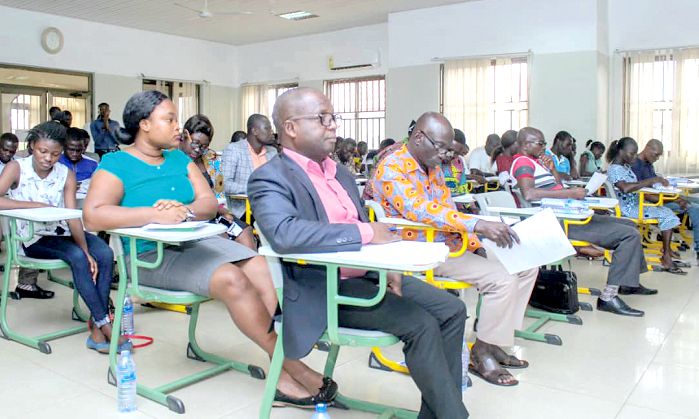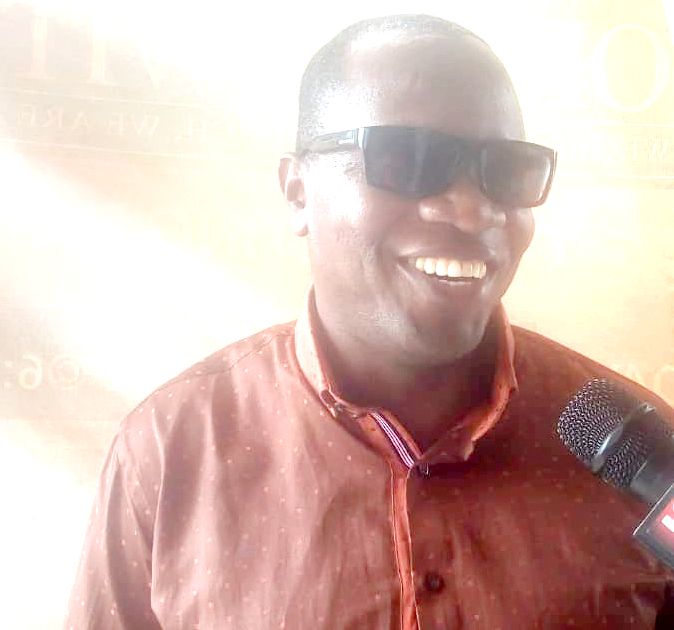
Be proactive in peace-building not peace-keeping - Lecturer
The Head of the Department of Peace and Development Studies of the University of Cape Coast (UCC), Dr Patrick Osei-Kufuor has asked the government and security related and enforcement agencies to be proactive rather than reactive in promoting peace in the country.
He noted that it was important to adopt peace-making and peace-building initiatives in promoting peace rather than waiting to implement peace-keeping strategies mostly after conflict and violence had erupted, leading to the loss of lives and property.
Advertisement
He was speaking at a capacity building workshop organised by the National Peace Council for Metropolitan, Municipal and District Chief Executives (MMDCEs) in the Central Region to help them develop appropriate mechanisms needed to respond to potential or real conflicts in their localities.
He said peace-keeping was ensuring the absence of violence, while peace-making meant working on the attitudes of people involved in conflict for them to choose peace over conflict.
Peace-building, on the other hand, he said, involved building mostly permanent structures that promoted peace.
Dr Osei-Kufuor stated that it was important to look critically at all underlying issues that could bring conflict and seek ways of building bridges for the groups and individuals involved before violence broke out.

Dr Patrick Osei-Kufuor (right), the Head of the Department of Peace and Development Studies of the UCC
He said it was ,therefore, essential for all MMDCEs to note the potential issues and sources of conflict and the undertones that cause “negative peace” and resolve them, adding that the absence of violence did not necessarily mean there was peace.
Transparency
Dr Osei-Kufuor called for transparency in governance to reduce suspicion and promote peace in the communities.
In an address read on his behalf, the Chairman of the National Peace Council, Most Rev. Professor Emmanuel Asante said to achieve peaceful and inclusive societies, it was expected that nations worked towards a significant reduction of all forms of violence and related death rates everywhere, as well as strengthen relevant institutions to help promote peace.
Recurring conflicts
He noted that it was obvious that re-current inter and intra ethnic conflicts, chieftaincy and political party disputes left unchecked would thwart national cohesion and economic growth.
Most Rev. Asante said local authorities such as the MMDCEs were key actors in development and peace, saying there was the need to build their skills to make them conflict-sensitive and to help them master conflict mediation and resolution to accelerate socio-economic development in their areas.
“A conflict sensitive MMDCE is a huge asset for rapid socio-economic transformation. Our interaction with some MMDCEs reveals that there is a great need for skills-building in conflict sensitivity and conflict mediation and resolution in order for them to achieve socio-economic development,” he added.
Conflict and elections
The Central Regional Minister, Mr Kwamena Duncan noted that without peace, there could be no development, adding that MMDCEs needed the conflict management skills, particularly “as we approach the general election to help maintain peace in the communities.”




